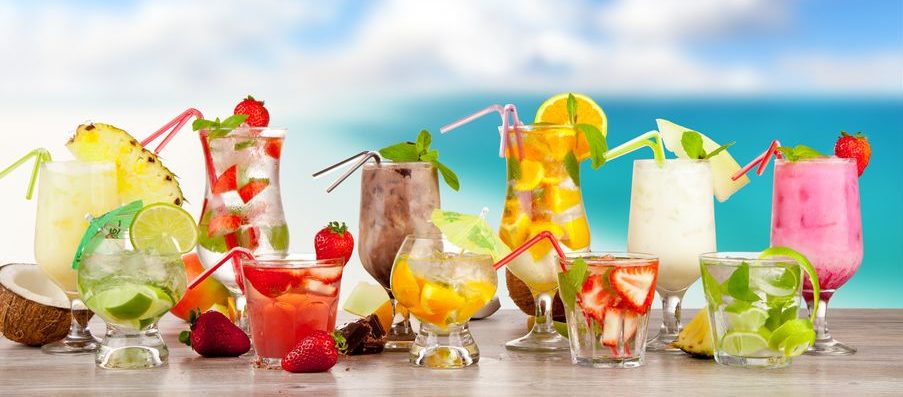
Many speculate that COVID-19 may have seriously impacted alcohol consumption in the United States. Between March and April of 2020, online alcohol sales alone increased by 239%¹ compared to 2019. However, since then, there has also been a notable increase in non-alcoholic beverage consumption. While many are familiar with Dry January, the term has taken on a new meaning for those looking to reduce their consumption. In fact, the sales of low to no alcohol cocktails are predicted to increase by 400%² in the next four years. The rise of the non-alcoholic cocktail likely has to do with the mental and physical health benefits it can offer.
What classifies as non-alcoholic?
Although non-alcoholic and alcohol-free are sometimes used interchangeably, there is a difference between the two. Non-alcoholic beverages can still contain up to 0.5 ABV of alcohol. On the other hand, alcohol-free beverages contain 0.0 ABV. Research suggests that non-alcoholic wine shows promise of reducing heart disease by 14% and the risk of stroke by 20%³. Though the type of beverage and how often it is consumed can influence these numbers, it bodes well for the non-alcoholic cocktail.
Health Risks of Alcohol
Alcohol consumption has been directly and indirectly linked to a variety of injuries, illnesses, and disorders. Cancer of the head, neck, digestive tract, and breast have all been associated with alcohol consumption. Moreover, alcohol is a known cause of cancer in tissues of the airway and digestive tract⁵. Furthermore, studies suggest that the psychosocial benefits of drinking alcohol can lead to dependency and alcohol abuse when under psychological distress. In addition, alcohol consumption has increased the mortality rate in some countries by up to 75%⁶.
Health Benefits of Reducing Alcohol Consumption
One of the most notable benefits⁴ of limiting alcohol consumption is weight loss. Also, another benefit is improved mood with fewer symptoms of anxiety, stress, and depression. Additionally, research shows that reducing alcohol consumption can help you get a better night’s sleep, as alcohol can affect deep sleep and, consequently, the body’s ability to restore itself. Finally, reducing alcohol consumption can lead to improved gut health. Alcohol can irritate the stomach, causing it to produce more acid, which may lead to the inflammation of the stomach lining.
Should you switch to non-alcoholic cocktails?
A 2020 study⁷ examined how often people chose non-alcoholic drinks versus alcoholic drinks based on availability, with nearly half of the participants choosing non-alcoholic beverages when they were more readily available. Therefore, it is logical to conclude that as non-alcoholic cocktails become more available, people will choose to consume them more. Furthermore, the health benefits of reducing alcohol consumption are plentiful. While alcohol consumption has some health benefits, especially beverages such as red wine, moderation is key. If you are looking to enjoy a fresh libation on the weekend, you may want to switch your Rum and Coke for a non-alcoholic cocktail!
For more info, check us out on Youtube!
References
- Grossman, Elyse R, et al. “Alcohol Consumption during the COVID-19 Pandemic: A Cross-Sectional Survey of US Adults.” International Journal of Environmental Research and Public Health, MDPI, 9 Dec. 2020, www.ncbi.nlm.nih.gov/pmc/articles/PMC7763183/.
- Arthur, Rachel. “Consumers Are Moving Outside Their Cocktail Comfort Zones – and That’s Good News for Low to No, Says Bacardi.” Beveragedaily.com, William Reed Business Media Ltd., 28 Jan. 2021, www.beveragedaily.com/Article/2021/01/28/Low-to-no-alcohol-cocktails-on-the-rise-in-2021-says-Bacardi.
- Godman, Heidi. “Non-Alcoholic Red Wine May Lower Blood Pressure.” Harvard Health, Harvard T.H. Chan School of Public Health, 12 Sept. 2012, www.health.harvard.edu/blog/non-alcoholic-red-wine-may-lower-blood-pressure-201209125296.
- Whiteman, Honor. “Going Dry for January? How Reducing Alcohol Intake Can Benefit Health.” Medical News Today, MediLexicon International, 21 Dec. 2016, www.medicalnewstoday.com/articles/314875#The-health-benefits-of-reducing-alcohol-intake.
- “Health Risks and Benefits of Alcohol Consumption.” Alcohol Research & Health : the Journal of the National Institute on Alcohol Abuse and Alcoholism, National Institute on Alcohol Abuse and Alcoholism, 2000, www.ncbi.nlm.nih.gov/pmc/articles/PMC6713002/.
- Griswold, Max G, et al. “Alcohol Use and Burden for 195 Countries and Territories, 1990–2016: a Systematic Analysis for the Global Burden of Disease Study 2016.” The Lancet, The Lancet, 22 Sept. 2018, www.thelancet.com/journals/lancet/article/PIIS0140-6736(18)31310-2/fulltext.
- Blackwell, Anna K. M., et al. “The Impact on Selection of Non-Alcoholic vs Alcoholic Drink Availability: an Online Experiment.” BMC Public Health, BioMed Central, 6 May 2020, bmcpublichealth.biomedcentral.com/articles/10.1186/s12889-020-08633-5.
Ashuni Pérez is a writer in the culinary, as well as health and wellness industries. With a background in teaching and digital media, she loves to learn and help others discover more about their food, where it comes from, and how best to prepare it. A foodie through and through, she is always searching for new recipes and the freshest ingredients.


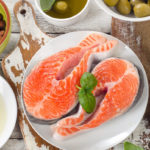


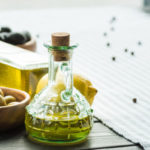
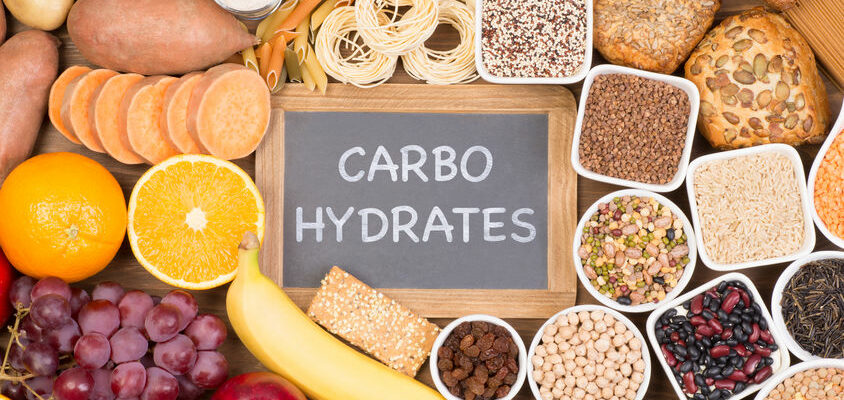


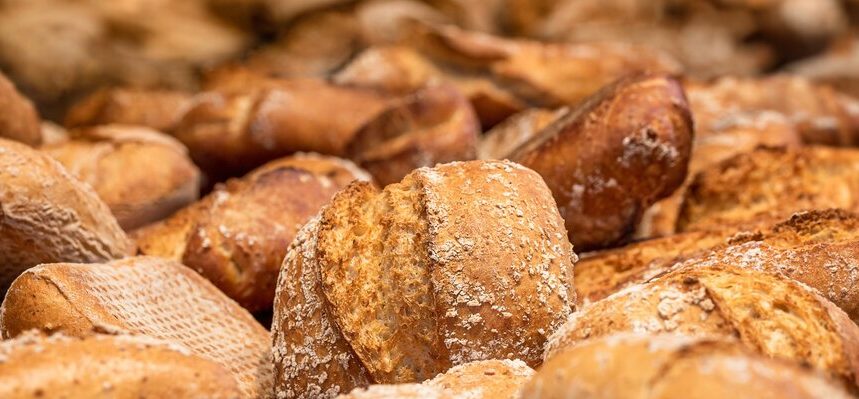

Leave A Comment